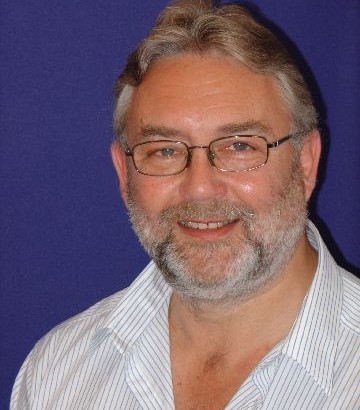Douglas Kell is Professor of Bioanalytical Sciences in the School of Chemistry at the University of Manchester.
Can you summarise your career path?
See http://dbkgroup.org/dbk/
Where do your best ideas emerge from?
Reading very widely so there is some ground substance to think about.
See also http://rsif.royalsocietypublishing.org/content/12/103/20141183
Who or what had or has had the strongest positive influence on your career and work?
There is no individual stand-out person or event, though the support of Gareth Morris when I was a young postdoc was very valuable; as a systems person will know, many things contribute.
What do you consider the greatest challenge or hurdle for progress in your field?
Reviewers who cannot do ‘big picture’ and are in denial about the change in biology from ‘my favourite gene’ to systems thinking.
What are, in your opinion, the opportunities, directions or decisions that are vital to progress systems medicine?
Nice clean data involving lifestyle and metabolic biomarkers, and not just gene sequences.
Tell us what would have to happen in your work for you to say “A dream has come true!”?
We can measure noninvasively every metabolite in an individual cell.
If you could not be a scientist, what would you like to be?
“what would you be while to do?” – not clear. I guess I would like to sort out the economic mess the bankers have repeatedly got us into – see http://www.amazon.co.uk/Grip-Death-Slavery-Destructive-Economics/dp/1897766408/ and http://www.positivemoney.org/
What was your greatest experience as a scientist?
Two highlights would be (i) turning the idea of using radio-frequency capacitance into a successful method and a company that has created employment for >25 years (http://aber-instruments.co.uk/), and (ii) the discovery of a ‘wake-up’ factor for TB that may yet become a vaccine – see
Mukamolova, G. V., Kaprelyants, A. S., Young, D. I., Young, M. & Kell, D. B. (1998). A bacterial cytokine. Proc. Natl. Acad. Sci. 95, 8916-8921.
With which historical person, politicians or celebrity would you like to have a dinner and discuss your work?
Peter Medawar might be one. Dick Feynman would def be another. And for a bit of gender balance maybe Ada Lovelace. Among politicians, Winston Churchill the most obvious.
